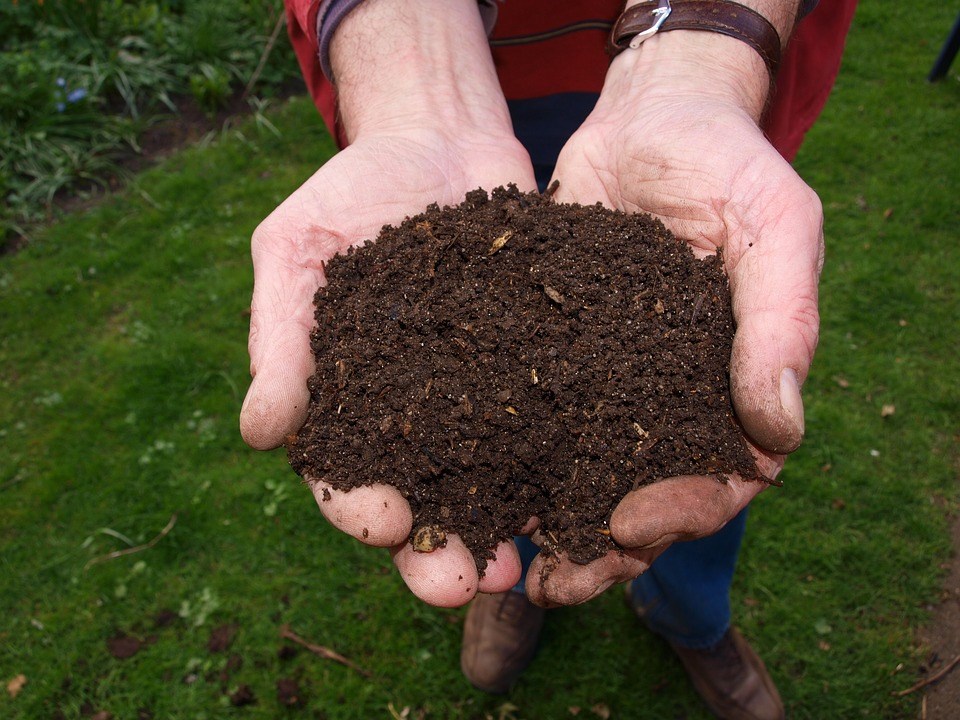Bonfield is launching a new initiative to help reduce the amount of household food waste ending up in landfill.
The plan involves teaming with the Food Cycle Science Corporation, an Ottawa based company that produces a small appliance called the FoodCycler.
What is a FoodCycler? Picture a breadbox sized table-top appliance that can convert food scraps into soil that can be added to plants and gardens or “pelletized for home heating purposes,” the company explains.
The product converts food waste to soil in a matter of hours and can process two litres of scraps per cycle. According to the company's website, "a typical cycle takes between 4-8 hours (with an average of 5 hours) for the food waste to become completely dehydrated and processed."
"This time depends on the amount of food waste being processed, the density of the food wastes and the moisture levels contained in each."
"Each cycle consumes less than 1 kWh (approximately 0.8 kWh)," the company explains on their site, "roughly equivalent to having a desktop computer running for the same amount of time as the cycle."
Christina Zardo, the manager of municipal solutions with Food Cycle Science, estimated that each FoodCycler deployed, “diverts at least two tonnes of food over its expected lifetime” from landfills.
Zardo, who presented to Bonfield council on August 17, also noted that on average organic waste comprises about 25 to 50 percent of all household waste.
Once that waste arrives at the landfill, decomposition produces methane gas—“one tonne of food waste is equivalent to one car on the road for one year”—Zardo said.
Bonfield’s council saw the benefits of giving the FoodCycler a try within their municipality and have joined the list of 16 other municipalities across Canada who are doing the same.
Peter Johnston, Bonfield’s chief administrative officer, is excited to get things rolling. “It’s a great program, it really is,” he said.
He explained that the municipality is purchasing 36 FoodCyclers for $5,400. This price is after the $7,200 discount the company offered the municipality as part of their partnership.
The municipality will sell each unit for cost—about $150—to residents interested in taking part in the program.
What does participating involve? Once you bring your FoodCycler home, the trial program begins. Over 12 weeks, residents will be asked to track weekly usage of the FoodCycler and report those figures to the company to help with their research.
Participants will also be asked to participate in a survey after that 12-week period, and “several prizes” will be awarded by the company to encourage residents to participate.
The $5,000 required to kick start the project came from the municipality’s Modernization Fund, Johnston explained, a fund doled out by the Ontario Government.
The money is “designed to improve efficiencies and reduce costs” within municipalities, Johnston said, adding that “we’ve received almost $400,000” from that fund.
Given the concerns about climate change, Johnston believes the project will be a hit with Bonfield residents.
“Climate change is the number one issue,” these days he said, particularly amongst seniors. “We’ll probably sell out.”
If that does occur, Johnston wants to bring the initiative back to council to “renew the program on a much bigger scale.”
For those interested in taking part in the program, Johnston said that pre-orders can be arranged for one of the 36 units by calling the municipal office at 705-776-2641. Units should arrive to the municipality in late December.
David Briggs is a Local Journalism Initiative reporter who works out of BayToday, a publication of Village Media. The Local Journalism Initiative is funded by the Government of Canada.



